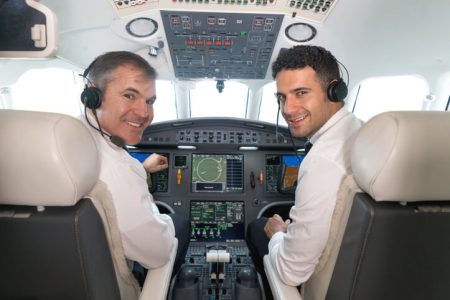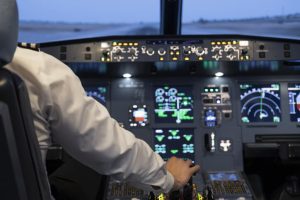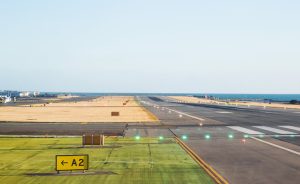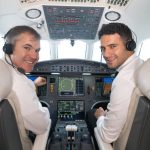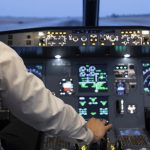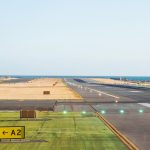Age Limits Now an Option for Large Part 135 Operators
Pilots who fly for large fractional Part 135 and charter operators may face a new retirement age limit soon. The FAA 2018 financial reauthorization packet allows NetJets to set a mandatory retirement age of 70 for its pilots. Now, other operators can follow suit, but only if they choose to do so.
The 70-year-old maximum age limit is optional for part 91 and 135 operators who conduct at least 75,000 jet operations a year. This requirement was originally set at 150,000 to avoid imposing extra burdens on smaller companies, such as medical evacuation or offshore providers. However, the voluntary nature of the rule has made it possible to lower the minimum threshold and expand its application to more eligible companies.
One noteworthy aspect of the rule is that once a company decides to enforce an age ceiling, it cannot lift it later. This means that the retirement age limit will be permanent, even if circumstances change, such as a shortage of pilots or a capable and loyal older pilot who wants to keep flying.
Health and Safety While Flying
Every pilot is different, and there are age-related changes that can affect health and safety while flying.
- Circulatory disturbances: Pilots may experience circulatory disturbances due to age-related changes such as increased blood pressure, high cholesterol, and the development of atherosclerosis.
- Respiratory disturbances: Age-related changes such as decreased lung capacity and the development of chronic obstructive pulmonary disease (COPD) can lead to respiratory disturbances in pilots.
- Visual disturbances: Changes in vision with age can affect pilots’ ability to read instruments, recognize runway lights, or observe other aircraft.
- Hearing disturbances: Age-related hearing loss can affect pilots’ ability to communicate effectively with air traffic controllers and other crew members.
- Medication side effects: Many medications, including those for hypertension or diabetes, can cause side effects that affect cognitive function, dizziness, and fatigue.
- Neurological disorders: Age-related neurological disorders such as Parkinson’s disease and Alzheimer’s disease can affect pilots’ cognitive abilities and increase the risk of accidents.
To address these medical concerns, pilots can take several steps to manage their health and safety while traveling, including:
- Regular health checks: Regular health checks can help identify medical conditions early and allow for timely treatment.
- Screening tests: Pilots should undergo screening tests for conditions such as hypertension, high cholesterol, and diabetes.
- Medications: Pilots should take medications as directed by their physicians and monitor for any side effects.
- Lifestyle changes: Pilots should maintain a healthy weight, get regular exercise, follow a balanced diet, avoid smoking, limit alcohol consumption, and minimize exposure to environmental pollutants.
- Good sleep habits: Pilots should establish good sleep habits to reduce the risk of fatigue, such as getting enough sleep, avoiding caffeine before bed, and creating a comfortable sleeping environment.
- Avoid unhealthy habits during long flights: Pilots should avoid unhealthy habits such as sitting for prolonged periods, dehydration, and excessive consumption of caffeine or alcohol during long flights.
While some may have differing opinions on this topic, the purpose of the age limit is not yet clear, but it may be related to insurance considerations. In any case, the decision to implement the age limit is left to each operator’s discretion. Only time will tell how many may choose to adopt this new change in regulation.
RELATED CTS TRAINING
RELATED CTS TRAINING

